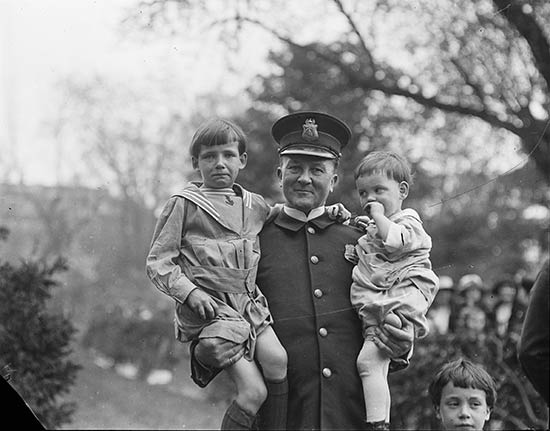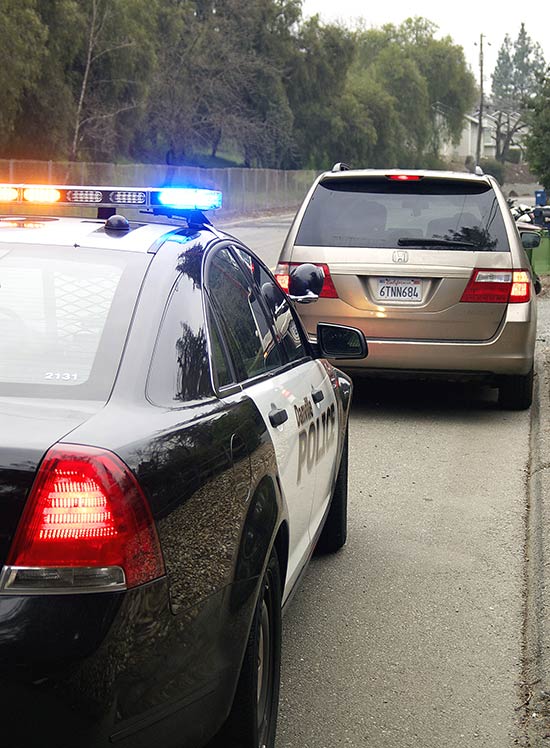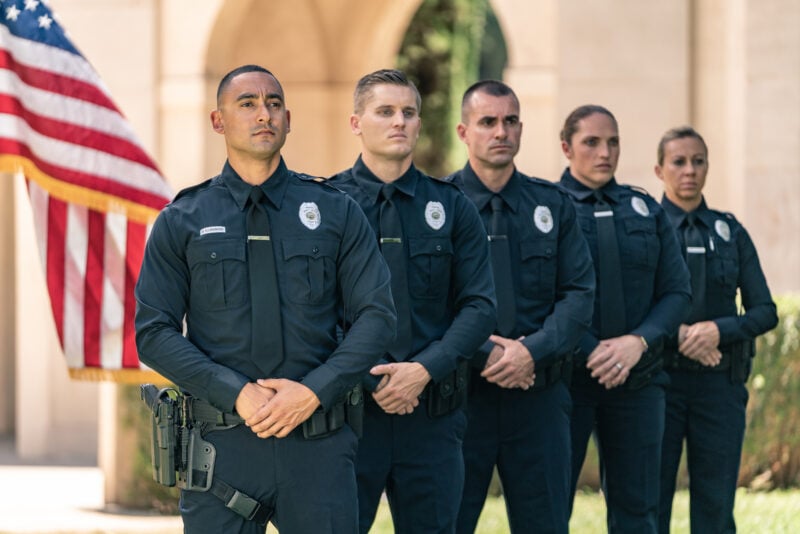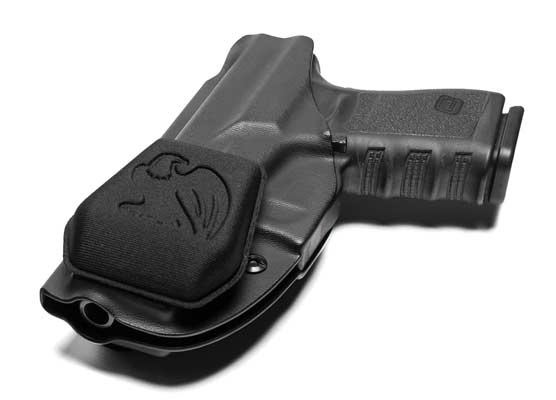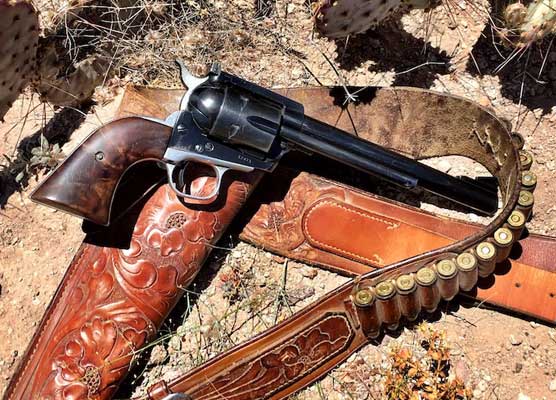From Peace Officer — To Law Enforcement Officer?
Nothing stirs up a hornet’s nest faster than talking about cops. You know those guys, the ones who can’t shoot, are the best shots, are pricks, yet uniformed angels, with huge egos — yet are caring and understanding? Sound familiar? Love them, or hate them, they serve a purpose, at least until people suddenly become kinder and gentler — which ain’t happening soon.
I’m going to tiptoe around a complex, emotional issue, which has reared its ugly head, as I walk this narrow line between “peace officers” and “law enforcement officers.” This twisty, turning line is pock-marked with booby traps, land mines and trip wires — with unseen hazards lurking, hidden in the roadside ditches. What’s in a name you say?
Plenty.
Just A Name?
What’s the first thing popping into your head when you hear the words, “peace officer?”
A peace officer does just that — keeps the peace. Some might say, he’s more reactionary than pro-active, although that might not always be the case. If there is no disturbance, he might be happy to sit in his local diner, sipping coffee waiting for the next call to go out. In a Mayberryesque setting, this is great. Unfortunately, time changes things, as do the people involved. Society’s morals have decayed. What was once considered unfathomable — is now the norm. Peace officers were often reactive to this new violence, many times directed right at them, rather than simply being caught in the periphery of a criminal act. Many old-school peace officers were caught flat-footed by this new generation of hard criminal who didn’t respond to the officer’s more “neighborly” methods of police work.
Formalizing Change
In 1968, the Law Enforcement Assistance Act (LEAA) was formed. Its goal was to fight crime by making police officers more professional through education, equipment and training. It worked, at many levels. Officer fatalities plummeted due to higher training standards, better equipment such as ballistic vests — and training. It was during this period I believe the classic, old-school “peace officer” concept morphed into a frame of mind where a cop’s job became more focused on simply enforcing the law. They started to be called “law enforcement officers.”
But I think we lost a bit of institutional knowledge from the old guard, that readiness to reach out a hand to the public. It became more of an “us vs. them” mentality in many instances.
As time progresses, budgets tighten, the economy fluctuates and local governments often struggle, desperate for funds. Pressure is applied to officers to write traffic tickets as a means of income. This pressure almost always comes from the politicians.
For LEOs, nostalgic for the ways of yesteryear, it sometimes ends up biting them squarely in the derriere. If protocol isn’t followed, the officer is setting himself up for disciplinary action, or worse. Those who want to use good, old-fashioned horse sense — also known as discretion — can’t give breaks anymore. A good talking-to, an explanation or some brow-beating is sometimes all that’s needed to stop another incidence from occurring. What happens more times than not in today’s litigation-happy society is the offender tells his parents or other colleagues he was “harassed” by the police. After enough telling of the tale, they’re encouraged to file a formal complaint.
I know. It’s happened to me.
The majority of today’s officers are dedicated, hard working, professionals who really care about their communities. They want to be seen as the white hat “good guys” squelching crime and putting away the bad guys. Some, in their vim and vigor to do so, may seem abrupt. After “proning” a potential armed robbery suspect at gunpoint — and it’s later determined the suspect is not the perpetrator — they are often simply released with no explanation. I’ve seen it happen. You may have been a participant in this bit of excitement and seen the show from the ground level, maybe?
All the “suspect” knows is a bunch of cops with guns pointing at him force him to get facedown for ten minutes, release him — then drive away. How’s that again? What the hell just happened?
All it would take is a polite, “Sorry sir! There was an armed robbery and you fit the description. The victim said it wasn’t you. I’m Officer Hoover, sorry for the inconvenience. We need to catch the real suspect, here is my card.” It’s okay to say you’re sorry. It’s okay to apologize, in spite of what you might think. Just communicate.
No Idiots Please
Today’s officers are more professional than ever. The stereotypical portrayal of the “code of silence” simply doesn’t exist in most agencies. Good cops hate bad cops and are usually tougher on the offending officer than any supervisor. No one wants an idiot making him look bad.
Are some street cops gruff and rough around the edges? Sure, but as time in-grade passes, they learn how to turn it on and turn it off when needed. A true pro cautiously gives everyone the benefit of the doubt, along with a smile on his/her face — while still being on high alert. The actions of the contact set the tone for how things will go. A good cop will know how to diffuse a majority of the situations with some smooth talking, and if not, take appropriate action.
Peace officers — and law enforcement officers in general — are titles describing today’s good cops. The challenge of keeping the peace in a professional manner, while keeping the life and property of the citizenry safe is challenging. These jacks-of-all-trades civil servants do a hell of a job, which not many from the population volunteer to tackle. They experience four lifetimes of bad and evil in 20 or 25 years — far more than most people do in their entire lives. And, it usually ends in a short life span for many cops. You may be surprised to find out after retiring, the average age many cops die at — is only 57.
Surely not for the faint of heart, yet it still takes a lot of heart to face the complex issues a peace-loving officer is challenged with today.


